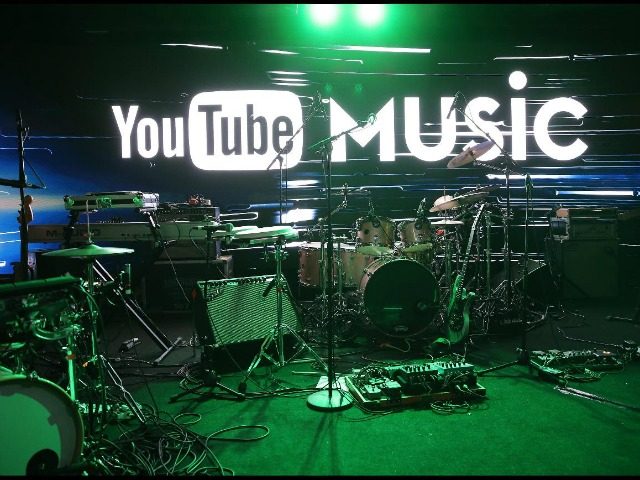YouTube has generated more than $1 billion in advertisement revenue to the music industry this year, according to a statement from the company.
The figure was released to the public in an official YouTube blog post titled “A Billion Reasons to Celebrate Music on YouTube.” The company also added that “this is just the beginning,” with the ad revenue figure predicted to rise over the next few years.
“Last year was a bright one for music—after several tough years of declining revenues, the industry started growing again, spurred in large part by the growth of music streaming subscriptions,” wrote YouTube in their blog post. “This year, the industry has even more reasons to be optimistic. Even as music subscriptions have been growing faster than any other subscription type, advertising is another powerful driver of revenue. In fact, in the last 12 months, YouTube has paid out over $1 billion to the music industry from advertising alone, demonstrating that multiple experiences and models are succeeding alongside each other.”
“And this is just the beginning,” the company continued. “As more advertising dollars shift from TV, radio and print to online services, the music industry will generate even more revenue from ads. In the future, the music business has an opportunity to look a lot like television, where subscriptions and advertising contribute roughly equal amounts of revenue, bolstered by digital and physical sales.”
The company also admitted, however, “To achieve this, there is a lot of work that must be done by YouTube and the industry as a whole,” adding, “but we are excited to see the momentum.”
“At a time when there’s never been more competition for attention, fans can’t get enough good music,” YouTube concluded. “It is clear that this creative industry has two strong engines of growth — subscriptions and advertising — and we are honored to be a part of it.”
Earlier this year, several musical artists criticized YouTube for their advertising model, with Irving Azoff declaring in an open letter that Google has built a system that works for them but “doesn’t work well for artists.”
YouTube attempted to defend themselves against artist backlash in an April blog post titled “Setting the Record Straight,” where the company claimed it was “surprising” to see artists unhappy with the platform.
“First, let’s start with where we agree. Music matters. Musicians and songwriters matter. They deserve to be compensated fairly. We believe this deeply and have partnered with the music industry for years to ensure it happens on our platform,” wrote YouTube in their blog post. “That’s why it’s surprising to see those same labels and artists suggest that YouTube has allowed a flood of ‘unlicensed’ music onto its platform, depriving artists of revenue.”
“The truth is that YouTube takes copyright management extremely seriously and we work to ensure rightsholders make money no matter who uploads their music,” they continued. “No other platform gives as much money back to creators– big and small– across all kinds of content.”
Azoff, however, did not appreciate YouTube’s response, claiming it “did exactly the opposite” of what they intended to do:
Dear YouTube,
Your attempt at “Setting the Record Straight” through a post on your “creator blog” last month did exactly the opposite: It was obfuscation to divert artists’ attention from the fact that YouTube hides behind the DMCA’s “safe harbor” provision and pays artists a pittance.
You say that music matters to YouTube. There is an old adage about actions and words. If YouTube valued music, then it would allow artists to have the same control which YouTube grants to itself.YouTube has created original programming. Those programs sit behind a “paid wall” and are not accessible for free unless YouTube decides to make them available that way. If a fan wants to watch the YouTube series “Sister-Zoned,” that fan has to subscribe to YouTube Red for $9.99 a month. But the same does not apply to music.
When the artist sends a “take down,” it should be a “stay down.”
If music matters to YouTube, then why not give musicians the same choice you give yourselves? Taylor Swift should be able to decide which of her songs are available for free and which are part of a paid subscription service. Or she should be able to opt out of YouTube if you won’t give her this choice.
Katy Perry, Maroon 5, Bette Midler, and Elvis Costello also criticized YouTube in an open letter earlier this year.
In October, YouTube CEO Susan Wojcicki claimed that YouTube was “still in investment mode,” hinting that the company might not be profitable yet.
“There’s no timetable,” she continued on the topic of a profitability timetable.
Charlie Nash is a reporter for Breitbart Tech. You can follow him on Twitter @MrNashington or like his page at Facebook.

COMMENTS
Please let us know if you're having issues with commenting.